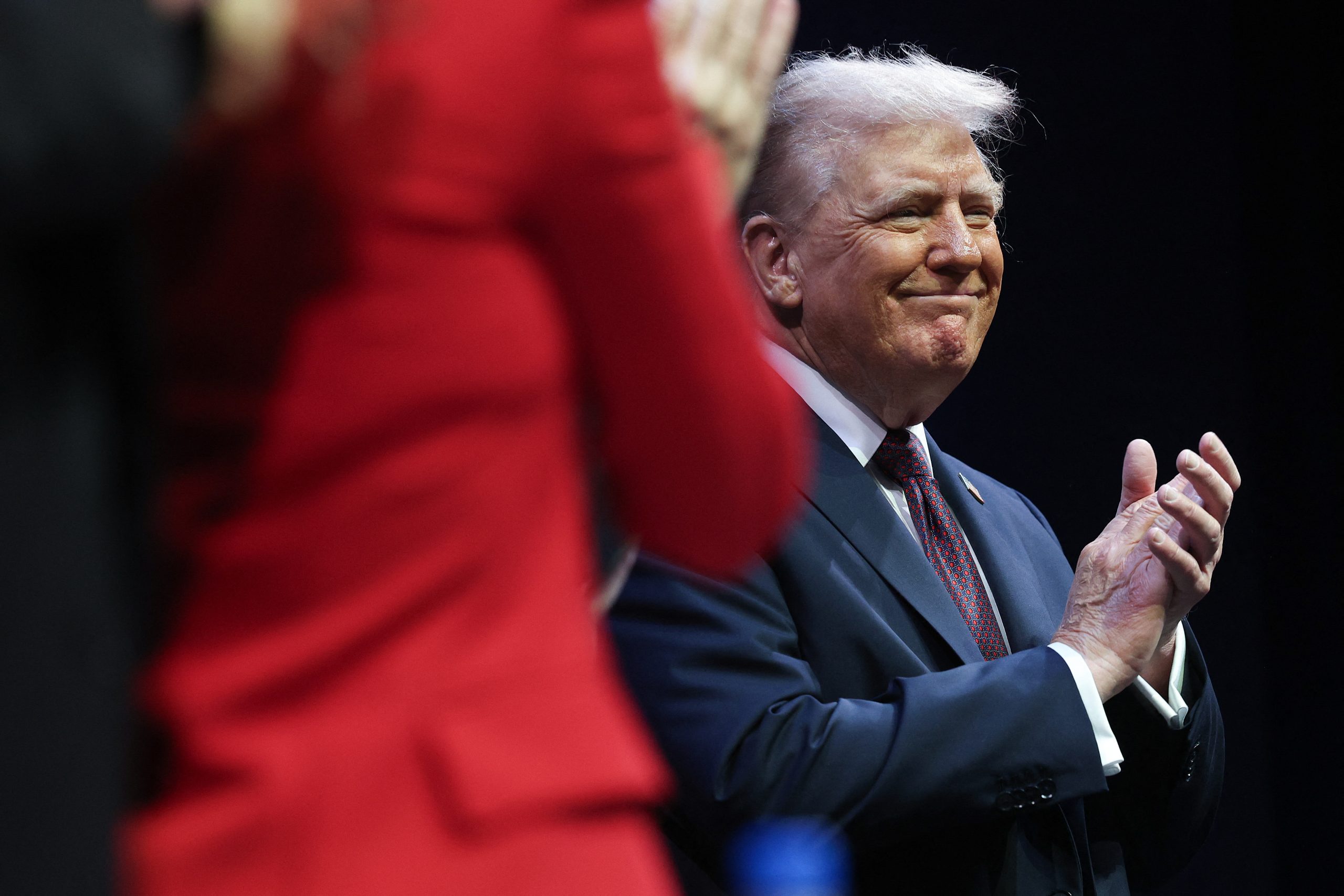Elon Musk issued a stern warning about banning iPhones from all his companies following Apple’s announcement of its integration with OpenAI’s ChatGPT, which was revealed at the Worldwide Developers Conference 2024 on Monday.
In a series of posts on X (formerly Twitter), the CEO of Tesla, SpaceX, and xAI stated that if Apple integrates OpenAI at the operating system level, Apple devices will be banned from his businesses, and visitors will need to check their Apple devices at the door, where they’ll be “stored in a Faraday cage.”
Musk’s posts suggest a misunderstanding or intentional misrepresentation of the partnership between Apple and OpenAI, casting doubts about user privacy. While Apple and OpenAI emphasized that users must give explicit consent before “any questions are sent to ChatGPT,” including documents or photos, Musk’s comments indicate he believes OpenAI is deeply embedded in Apple’s OS and capable of accessing personal data.
In iOS 18, Apple stated that users could ask Siri questions, and if ChatGPT could provide a better answer, Siri would ask for permission to share the query with ChatGPT.
This feature allows users to receive responses from ChatGPT without opening the ChatGPT app. Photos, PDFs, or other documents sent to ChatGPT are handled similarly.
Musk, however, prefers that OpenAI’s capabilities remain confined to a dedicated app, not integrated with Siri. Responding to Sam Pullara, CTO at Sutter Hill Ventures, who explained that OpenAI does not have device access and user requests are approved on a per-request basis, Musk wrote, “Then leave it as an app. This is bullshit.”
Pullara highlighted that the ChatGPT integration is similar to how the ChatGPT app currently functions, with on-device AI models either being Apple’s own or those using Apple’s Private Cloud.
Musk directly replied to a post by Apple CEO Tim Cook, threatening to ban Apple devices from his companies if Apple didn’t “stop this creepy spyware.” Musk continued, arguing that Apple lacks the capability to create its own AI and is thus incapable of ensuring OpenAI protects user security and privacy. “Apple has no clue what’s actually going on once they hand your data over to OpenAI. They’re selling you down the river,” Musk said.
Apple also announced a system-wide ChatGPT integration within its Writing Tools via a “compose” feature, allowing users to ask ChatGPT to write various types of content or generate images.
These features will enable users to access ChatGPT without creating an account, leading to an expected surge in requests from Apple users.
Musk’s objections may resonate with users unfamiliar with the privacy nuances. However, if users could choose their preferred AI bot for Siri or writing assistance, such as Anthropic’s Claude or xAI’s Grok, Musk’s concerns might be less vocal. Apple hinted at potential future integrations with other AI systems like Google Gemini in a post-keynote session.
Apple assured users that their requests and information were not logged. ChatGPT subscribers can connect their accounts to access paid features within Apple’s AI experiences. “You’re in control over when ChatGPT is used and will be asked before any of your information is shared. ChatGPT integration will be coming to iOS 18, iPadOS 18, and macOS Sequoia later this year,” said Apple SVP of Software Engineering Craig Federighi. These features will only be available on iPhone Pro 15 models and devices with M1 or newer chips.
OpenAI echoed this in a blog post, noting that “requests are not stored by OpenAI, and users’ IP addresses are obscured. Users can also choose to connect their ChatGPT account, applying their data preferences under ChatGPT’s policies,” referring to the opt-in ability to link the feature with their paid subscription.









